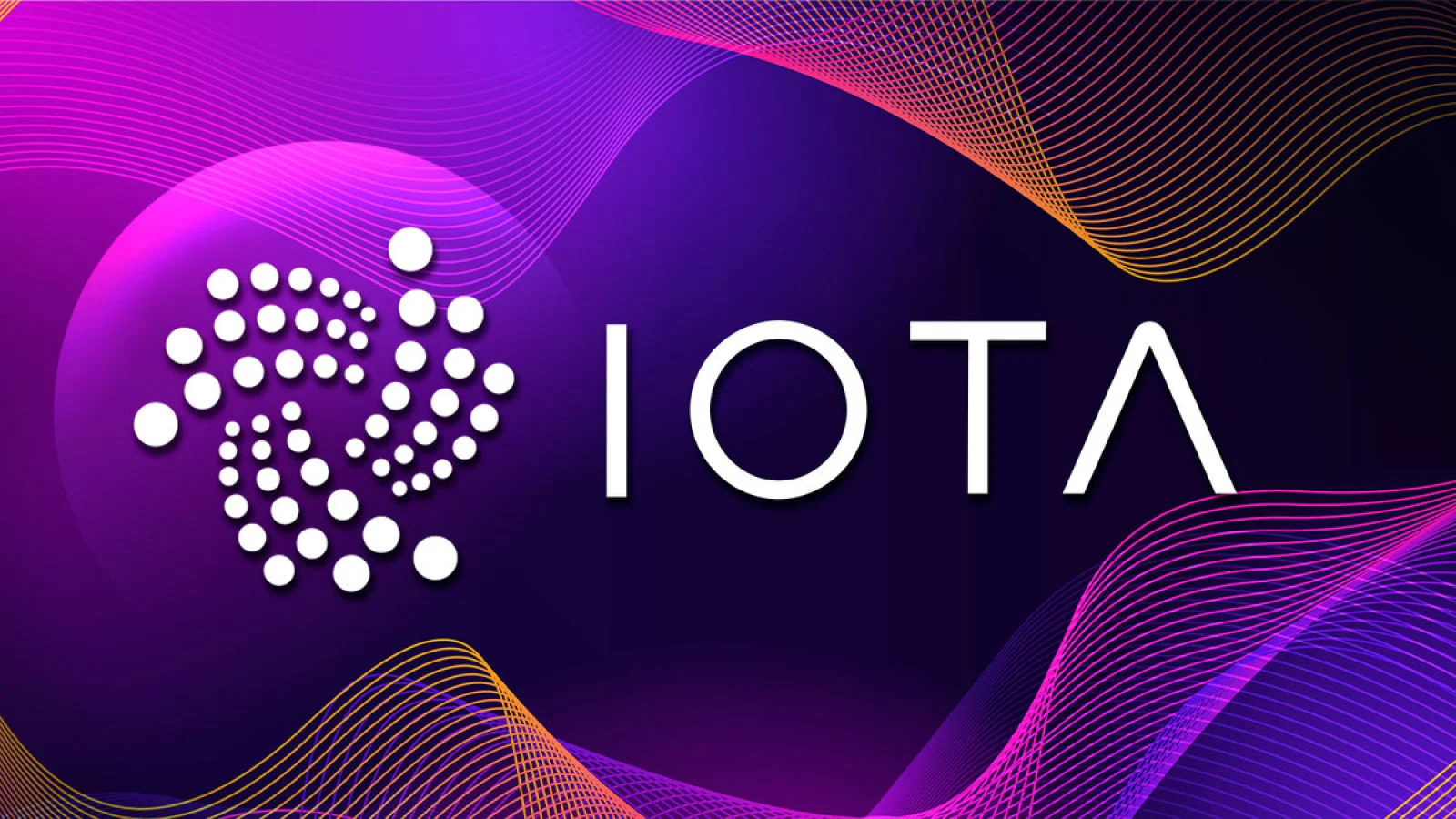The United Kingdom’s latest trade report, Ensuring Economic Growth, underscores the critical role of digital innovation and distributed ledger technology (DLT) in enhancing efficiency within global supply chains. A key focus of the report is the Trade and Logistics Information Pipeline (TLIP), powered by IOTA Foundation’s DLT technology. This initiative is transforming the way data is shared and logistics are streamlined, with significant implications for global trade and border operations.
IOTA Foundation Powers Border Transformation and Supply Chain Digitization
The UK government, through its Cabinet Office, has introduced the Border Transformation and Digitization (BTD) program, which aims to facilitate real-time data exchange between the supply chain and UK border agencies. By leveraging IOTA Foundation’s DLT, this program builds on earlier pilots within the Ecosystem of Trust, ensuring a seamless system for monitoring consignments as they move across borders.
The BTD program is designed to integrate a wide range of datasets, known as “signals,” which track vital information about consignments such as their type, movement route, health testing results, and arrival and departure timestamps. This allows UK border agencies to monitor goods more efficiently and ensures the smooth operation of customs and border checks.
A particularly interesting aspect of the BTD program is its focus on chilled poultry consignments being shipped from the EU to the UK. This live case study demonstrates how DLT and other digital tools can significantly improve supply chain operations, especially when it comes to tracking sensitive goods that require precise monitoring.
IOTA’s Trade Worldwide Information Network (TWIN) and the iDTC Platform
At the heart of the BTD program is the Intelligent Digital Trade Corridor (iDTC), which utilizes IOTA’s Trade Worldwide Information Network (TWIN). This platform serves as a secure digital infrastructure for sharing and storing supply chain data, offering complete transparency across the entire journey of a consignment.
Through TWIN, all participants in the supply chain—from freight forwarders to border agencies—gain access to a comprehensive, real-time view of consignments. TETA, a freight forwarder coordinating logistics for chilled poultry shipments, uses sensor technology to monitor the location and environmental conditions (such as temperature) of consignments during transit. This data is transmitted to the Cabinet Office Data Hub, which then shares it with relevant border agencies.
The BTD program tests three main categories of signals: dispatch information, health testing results, and journey events. By integrating these signals into the iDTC system, the UK government can ensure better security, traceability, and efficiency for all shipments entering the country.
Also Read: IOTA Labs – A New Ecosystem Arm to Propel DeFi, Web3, and Real-World Solutions
Improving Border Security and Efficiency with iDTC
The iDTC platform’s benefits extend to UK government agencies, border officials, and port operators. As highlighted in the report, iDTC allows users to access Safety & Security Declarations (SSDs) for consignments of interest, enabling deeper risk evaluation. Border agencies can use iDTC to search for additional supply chain information, corroborating data to ensure more accurate assessments of consignments entering the country.
Port operators also benefit from the integration of iDTC with port inventory systems, such as the Port Inventory System (CSP). This system allows operators to view detailed consignment data and “click through” to iDTC for more comprehensive information. This integration reduces delays, enhances operational efficiency, and enables more precise planning for intervention.
The Future of Supply Chain and Border Digitization
With IOTA’s technology playing a pivotal role in the UK’s efforts to streamline supply chain and border operations, the future of trade looks set to become more efficient, secure, and transparent. By harnessing the power of DLT, the UK is paving the way for a more connected and digitized global trade ecosystem. As these initiatives continue to evolve, the role of blockchain technology in transforming logistics and supply chain management will only grow, promising a new era of digital innovation in international trade.
Disclaimer: The information in this article is for general purposes only and does not constitute financial advice. The author’s views are personal and may not reflect the views of Chain Affairs. Before making any investment decisions, you should always conduct your own research. Chain Affairs is not responsible for any financial losses.



